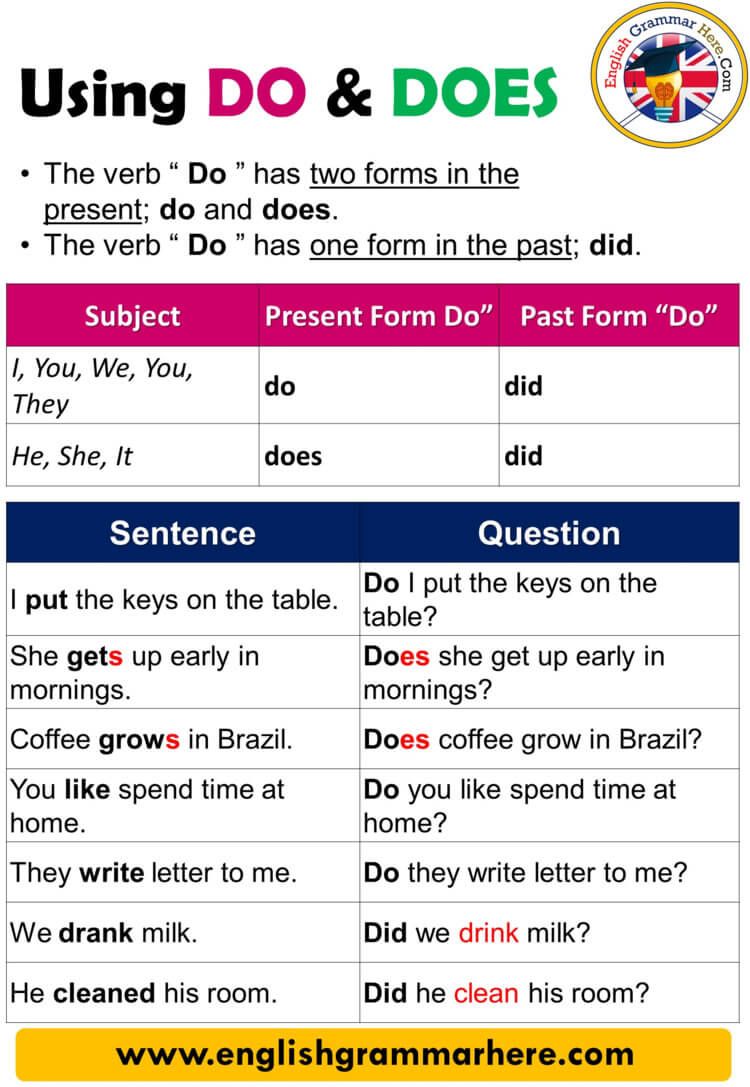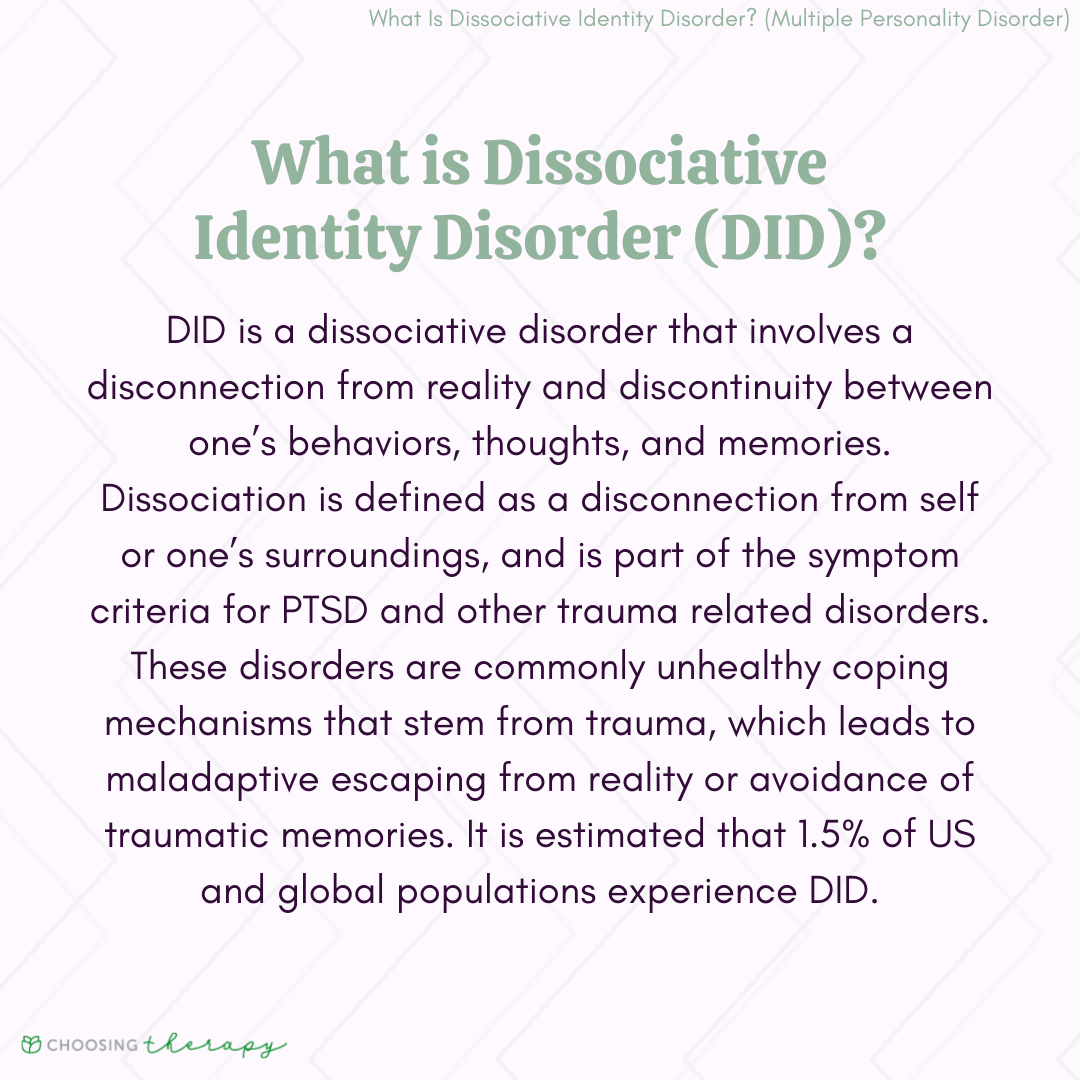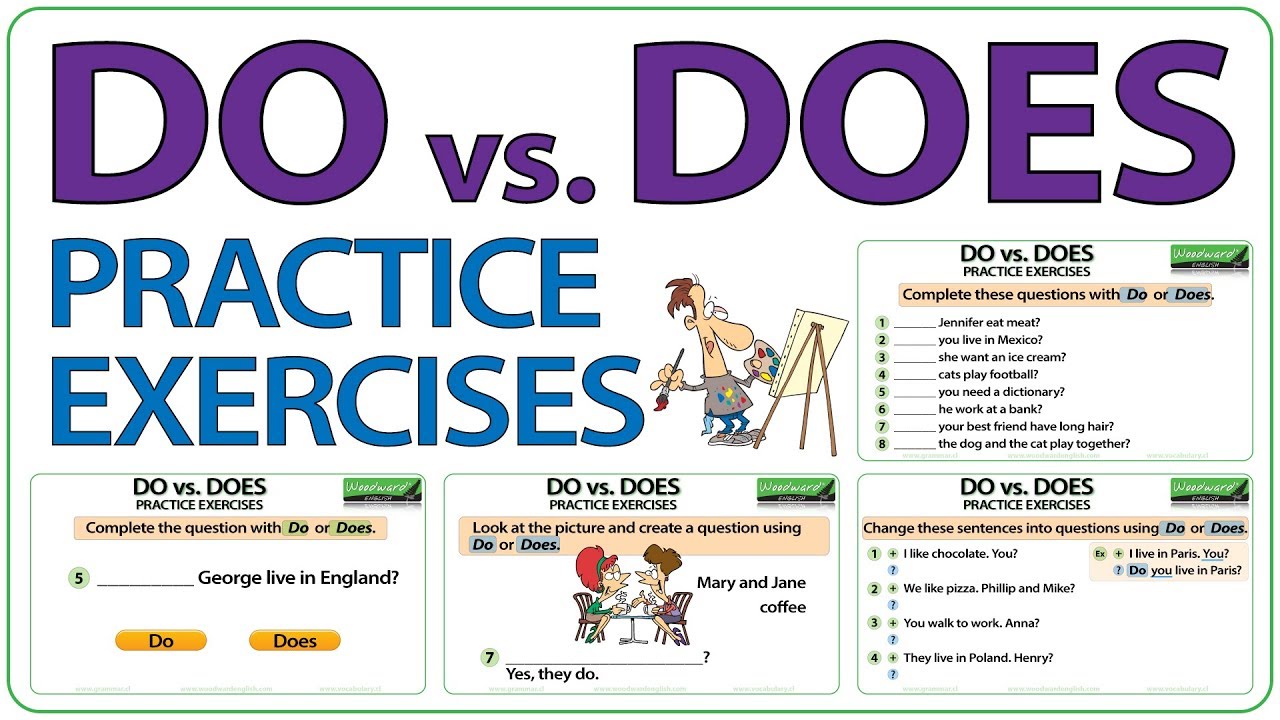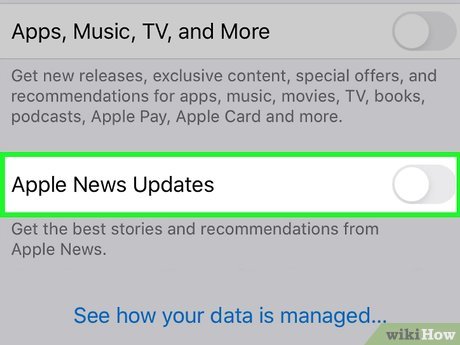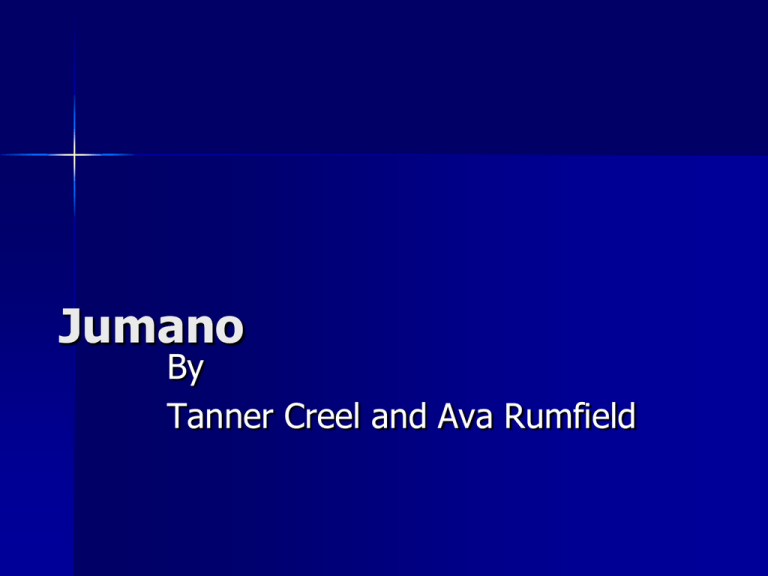Career Education Requirements: Essential Factors to Consider Before Committing
Understanding career education requirements: what you need to know
When consider the education and train a career require, you must be aware of several critical factors that can importantly impact your professional journey. Make inform decisions about your educational path require thorough research and planning to ensure your investment of time and resources aligns with your career goals.
Time investment requirements
One of the about fundamental considerations when evaluate career education is the time commitment involve. Different career paths demand immensely different time investments:
- Certificate programs Typically range from a few weeks to one year
- Associate degrees Loosely require two years of full-time study
- Bachelor’s degrees Typically, take four years to complete
- Master’s degrees Add another one to three years beyond undergraduate education
- Doctoral degrees Can require an additional three to seven years of study
- Apprenticeships Frequently combine education with on the job training and may last two to five years
Beyond the initial education, many careers require ongoing professional development and continue education to maintain licensure or stay current with industry advancements. This represents a lifelong commitment to learn that extend advantageously beyond your initial training.
Financial costs and considerations
The financial investment requires for career education vary hugely and include:
Direct educational costs
Tuition and fees can range from a few thousand dollars for certificate programs to hundreds of thousands for advanced degrees at prestigious institutions. These costs continue to rise at rates that oftentimes exceed inflation.

Source: exquisitiveeducation.com
Indirect costs
Beyond tuition, you must consider:
- Books and educational materials
- Technology requirements
- Housing and living expenses during your education
- Potential relocation cost to attend specific programs
- Opportunity costs from reduce earn potential while study
Return on investment
When evaluate the financial aspect of career education, calculate the potential return on investment by research:
- Start salaries in your choose field
- Career trajectory and earn potential over time
- Job availability and market demand
- Loan repayment timeframes base on expect income
Remember that the eminent pay careers don’t invariably require the well-nigh expensive education. Many technical and skilled trade programs offer excellent earn potential with lower educational costs.
Accreditation and quality standards
The quality and recognition of your educational program can importantly impact your career prospects. You must verify:
Institutional accreditation
Ensure any college or university you consider hold accreditation from recognize regional or national accrediting bodies. Will attend non accredited institutions can will result in degrees that employers or other educational institutions won’t will recognize.

Source: pets catanddog.blogspot.com
Program specific accreditation
Many fields have specialize accrediting bodies that evaluate specific programs. For example:
- Engineering programs are accredited by abet
- Business programs may seek Jacob accreditation
- Nursing programs require CCNE or ace accreditation
- Medical schools must have lime accreditation
Graduate from an accredited program is frequently essential for licensure and certification in regulated professions.
Licensing and certification requirements
Many careers require more than exactly an educational credential. You must understand the complete pathway to practice, include:
Professional licensure
Regulated professions like medicine, law, teaching, nursing, and engineering typically require state licensure beyond your degree. These requirements may include:
- Standardized examinations
- Background checks
- Character and fitness evaluations
- Supervised practice hours
- Continue education for license maintenance
Industry certifications
Many fields value or require specialized certifications that demonstrate proficiency in specific skills or knowledge areas. These certifications may be:
- Require for employment
- Necessary for advancement
- Helpful for competitive advantage in the job market
- Tie to salary increases or bonuses
Research whether your target career path require or value specific certifications and how these credentials integrate with formal education.
Admission requirements and prerequisites
Before you can begin your professional education, you must meet entry requirements that may include:
Academic prerequisites
- Specific high school courses for undergraduate programs
- Undergraduate degrees or coursework for graduate programs
- Minimum GPA requirements
- Standardized test scores (sat, act, gGRE gGMAT mMCAT lLSAT etc. )
Non-academic requirements
- Work experience or internships
- Volunteer hours
- Portfolio submissions for creative fields
- Interviews or auditions
- Personal statements or essays
- Letters of recommendation
Understand these requirements others allow you to prepare befittingly and strengthen your application for competitive programs.
Delivery methods and program flexibility
Educational programs directly offer various delivery models to accommodate different learning preferences and life circumstances:
Traditional in person learning
Campus base programs offer benefits like:
- Direct interaction with faculty and peers
- Access to campus facilities and resources
- Structured learning environment
- Network opportunities
- Traditional college experience
Online and distance learning
Virtual education options provide:
- Greater flexibility for working professionals
- Reduced commute time and costs
- Ability to study from any location
- Self pace learning options in some programs
- Access to institutions beyond your geographic area
Hybrid programs
Many programs directly combine online and in person elements to provide:
- Flexible scheduling with periodic intensive sessions
- Reduce on campus time requirements
- Blend learning approach that leverage technology and face to face instruction
Will consider your learning style, personal circumstances, and career field when it will evaluate which delivery method will advantageously will support your success.
Labor market demand and employment outlook
The value of your education depend partially on the labor market conditions in your choose field:
Current and projected demand
Research resources like the bureau of labor statistics occupational outlook handbook to understand:
- Current employment numbers in your field
- Project growth or decline rates
- Geographic areas with the highest demand
- Industry sectors with the strongest employment prospects
Skill gaps and emerging fields
Some of the near promising career opportunities exist in:
- Emerge technologies and industries
- Fields experience worker shortages
- Areas require specialized skills that are in limited supply
Investigate whether your educational program address current skill gaps and prepare you for evolve industry needs.
Experiential learning opportunities
Practical experience has become progressively valuable in the job market. Evaluate programs base on their integration of:
Internships and co op programs
These opportunities provide:
- Real world application of classroom knowledge
- Professional connections and references
- Potential pathways to employment
- Resume building experiences
Clinical rotations and practicums
In healthcare, education, and social services, supervise practical experience is oftentimes:
- Require for program completion
- Essential for develop professional competencies
- Integrate throughout the curriculum
Research opportunities
Especially in science and academic career paths, research experience provide:
- Specialized skill development
- Potential for publications and presentations
- Preparation for graduate studies
- Connections with faculty mentors
Programs that emphasize experiential learning frequently produce graduates who transition more successfully into professional roles.
Career support services
The resources available to help you transition from education to employment can importantly impact your career launch:
Career counseling and placement services
Effective programs offer:
- Career exploration guidance
- Resume and interview preparation
- Job search assistance
- Employer connections and recruitment events
Alumni networks
Strong alumni communities provide:
- Mentoring opportunities
- Professional connections
- Industry insight
- Potential job referrals
Research the job placement rates and typical career trajectories of program graduates to gauge the effectiveness of these support services.
Personal aptitude and interest alignment
Perchance the about important consideration is how advantageously the career path aligns with your:
Natural abilities and strengths
Consider whether you possess or can develop:
- The cognitive abilities require for the field
- Physical capabilities need for certain roles
- Interpersonal skills require in the profession
- Technical aptitudes necessary for success
Personal values and work preferences
Reflect on how the career aligns with your:
- Work-life balance priorities
- Desire workplace culture
- Income expectations and financial goals
- Geographic preferences and mobility constraints
- Long term career satisfaction factors
Educational programs that feel overly challenging or misalign with your interests may indicate a poor career fit, careless of market demand or compensation potential.
Make your decision: put it all unitedly
After consider all these factors, create a comprehensive assessment process:
Research exhaustively
- Speak with professionals presently work in the field
- Shadow practitioners when possible
- Attend information sessions for educational programs
- Review program outcomes and graduate success stories
Consider multiple pathways
Many careers offer alternative routes to entry, such as:
- Accelerated programs for career changers
- Part-time options that allow conto continueployment
- Stackable credentials that build over time
- Employer sponsor education and training
Create a realistic plan
Develop a comprehensive strategy that address:
- Educational financing options
- Timeline for completion
- Contingency plans for obstacles
- Benchmarks to evaluate progress
- Decision points for reassessment
Remember that your educational journey is an investment in your future. Take time to exhaustively understand all aspects of career education requirements will help you make choices that will align with both your professional aspirations and personal circumstances.
Conclusion
When consider the education and train a career require, awareness of these multifaceted factors allow you to make informed decisions about your professional pathway. By exhaustively evaluate time commitments, financial investments, program quality, market demand, and personal fit, you can select educational opportunities that sincerely support your career goals and life circumstances.
The well-nigh successful career education decisions come from balance practical considerations with personal passions. Take time to research exhaustively, consult with professionals in your target field, and candidly assess your own capabilities and preferences. With careful planning and realistic expectations, your educational investment can serve as the foundation for a fulfilling and sustainable career.
MORE FROM oncecoupon.com


